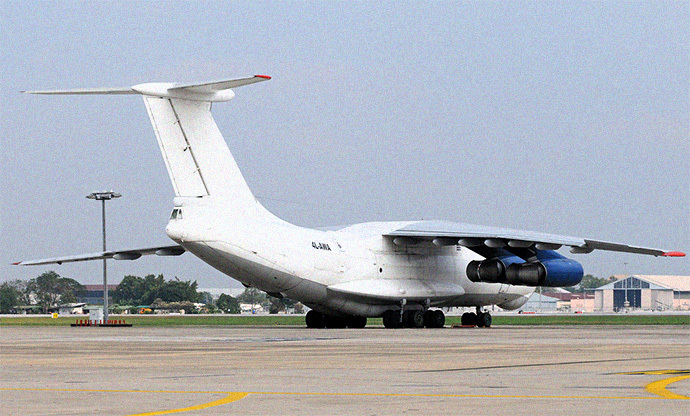WASHINGTON, D.C. - Four years after an aircraft was seized in Bangkok with a cargo of illicit weapons being sent from North Korea to Iran, the UN and other governments have concluded an investigation revealing new details of a sophisticated worldwide criminal network to circumvent UN sanctions designed to halt the proliferation of nuclear, missile, and other technologies to some of the world’s most volatile conflicts.
Dozens of shell companies involving at least 16 countries were created in the weeks before the aircraft was seized – paper industries designed to disguise the shadowy players behind the 2009 arms shipment that almost evaded international law enforcement.
WASHINGTON, D.C. - Four years after an aircraft was seized in Bangkok with a cargo of illicit weapons being sent from North Korea to Iran, the UN and other governments have concluded an investigation revealing new details of a sophisticated worldwide criminal network to circumvent UN sanctions designed to halt the proliferation of nuclear, missile, and other technologies to some of the world’s most volatile conflicts.
Dozens of shell companies involving at least 16 countries were created in the weeks before the aircraft was seized – paper industries designed to disguise the shadowy players behind the 2009 arms shipment that almost evaded international law enforcement.
Become a member for less
than $5.75 per week.
Unlimited access to all of NK News: reporting, investigations, analysis
The NK News Daily Update, an email newsletter to keep you in the loop
Searchable archive of all content, photo galleries, special columns
Contact NK News reporters with tips or requests for reporting
Get unlimited access to all NK News content, including original reporting, investigations, and analyses by our team of DPRK experts.
Subscribe now
All major cards accepted. No commitments – you can cancel any time.












